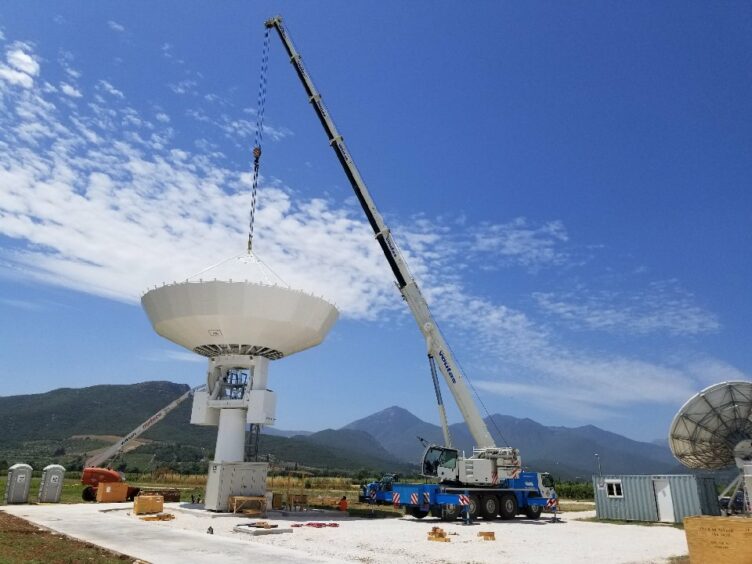
Oil and gas companies accelerated their adoption of internet of things (IoT) during 2021 in response to the COVID-19 pandemic.
A survey from Inmarsat reported that 74% of those participating in the survey had deployed at least one IoT project. In the 12 months from the second quarter of 2020, 44% took this step.
Of the 26% that had not yet adopted any IoT projects, all are trialling or planning to try this out within the next two years.
Inmarsat issued a report today, Industrial IoT in the Time of Covid-19, based on interviews with 450 respondents. These came from a range of industries, including electrical utilities, mining, transport and oil and gas. Companies from the Americas, EMEA and Asia-Pacific participated in the survey.
Inmarsat’s market development manager Damian Lewis linked the use of IoT with the demands of oil and gas. Much activity in the sector “takes place in some of the world’s most remote and inhospitable conditions”, he said. Adopting IoT allows “oil and gas businesses have to increase their ability to monitor, manage and automate remotely”.
The results from the oil and gas companies linked the adoption of IoT with challenges posed by COVID-19. 81% of respondents said the intended to accelerate this work.
This included 51% who had already accelerated their adoption of this technology. The rest are planning to move in this direction.
Continuity crunch
Inmarsat said the 51% – those who had already moved into IoT – were less likely to report negative impact from COVID-19 on their operational ability. This, the report said, demonstrates that IoT is linked to business continuity.
“It is particularly interesting, though logical, that COVID-19 has further catalysed businesses to increase their reliance on Industry 4.0 technologies, and particularly the industrial Internet of Things, in order to maintain business continuity,” said Inmarsat Enterprise president Mike Carter.
“Those businesses implementing IoT technologies ahead of their competition and across their value chains are those who stand to win in the long-term.”
The Inmarsat executive said its research contributed to “efficiency, sustainability and safety across global supply chains”. There are challenges remaining in “connectivity, data management, skills shortages, security threats and investment levels”, Carter said, as “the world’s production and supply chains become increasingly digitalised and intertwined”.
Recommended for you

